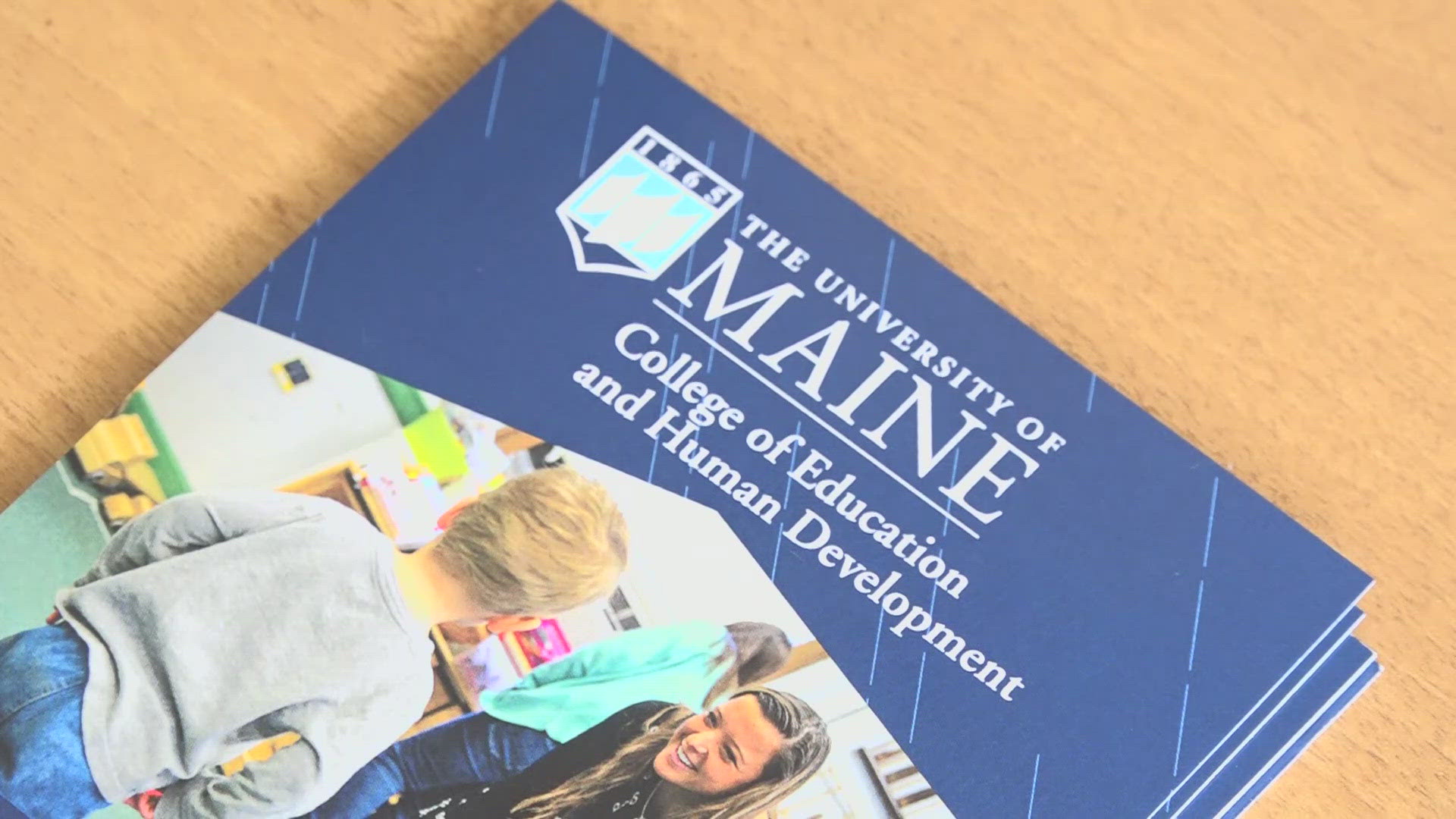ORONO, Maine — Rural schools tend to face staffing shortages more than most, and this issue is even worse when it comes to recruiting and retaining quality STEM teachers.
The University of Maine is hoping to tackle this problem and recently received a $100,000 grant from the National Science Foundation to do just that.
In Aroostook County, SAD 1 is overseen by Superintendent Ben Greenlaw. He said he is lucky to have a full roster in his district. However, he says staffing is still a concern.
"We have a large number of people nearing retirement. We don't get a lot of applicants for positions," he said. "I worry about it. It keeps me up at night."
Dr. Catherine Biddle, an associate professor at UMaine's College of Education and Human Development, has been working to encourage undergraduates to pursue a rural education career.
"Even though rural schools are really rewarding workplaces to be a part of, it's hard to recruit folks who want to live in rural places," she said.
Pair that with a low interest in teaching STEM, and one gets a consistent lack of rural STEM educators.
Remedying this problem is key to Maine's economy, according to Biddle.
"As a state, we won't thrive unless our rural communities are thriving," she said. "Paying attention to those needs and ensuring we are supporting them is a really important part of what we can do to see Maine be the best state it can be."
The NSF funding is only for one year, but the plan is to create a robust program that trains undergrads for rural careers for decades to come.
Ezekiel Kimball, interim dean of the College of Education and Human Development, feels the teaching done now is crucial for preparing the minds of the future.
"The reality is that there is almost nothing we can say in a classroom today about a certain tomorrow," he said. "But what we can do is help to prepare students for that uncertain future."
The College of Education and Human Development plans to begin the initiative in the fall.

